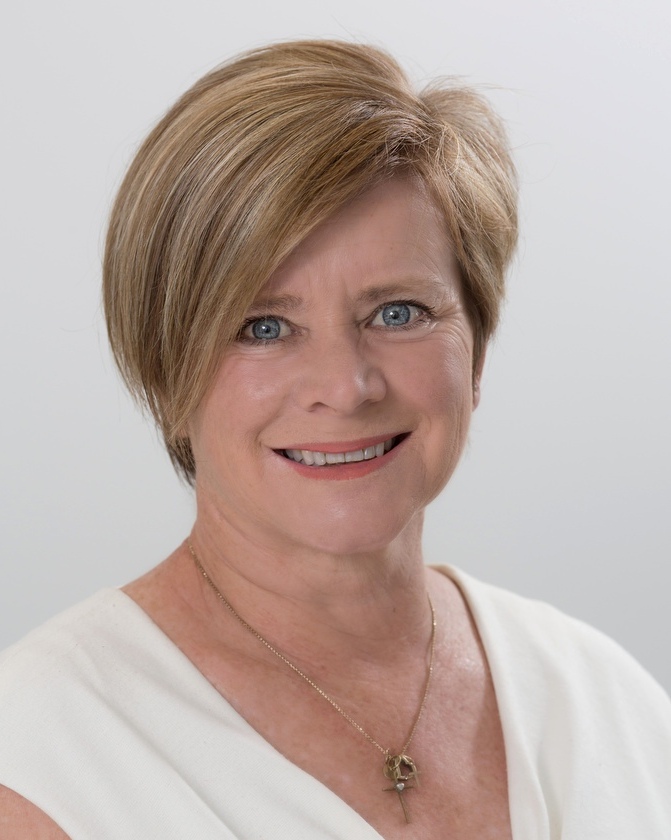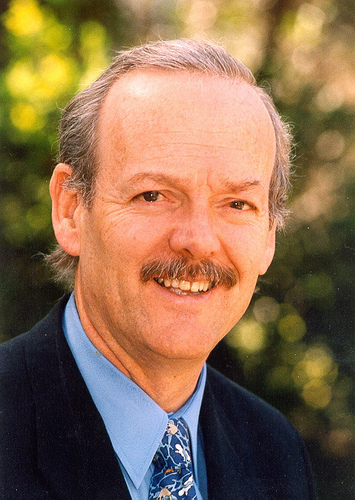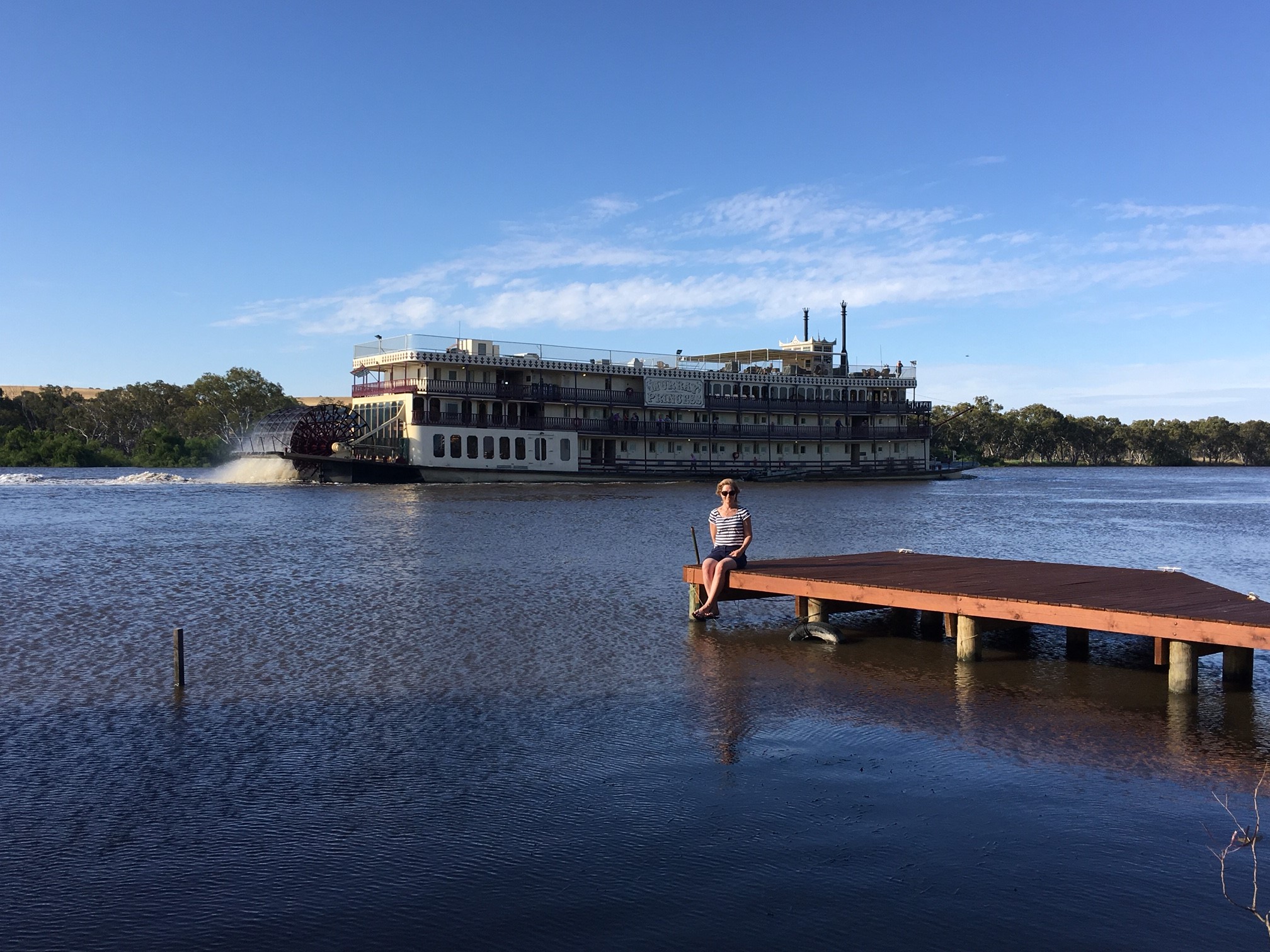The value of knowledge sharing cannot be overestimated, and we can learn a great deal from the Australian experience to inform how Alberta’s approach to water management now and in the future.
This series of profiles shares knowledge and experience from people who lived and worked in the Millennium Drought of Australia.
Spin the globe to Australia and we find a country which is no stranger to water shortages. What many of us may not know, however, is Australia was stricken with the longest and most severe drought on record at the turn of this century. From 1997 to 2009 the now named Millennium Drought gripped the southeastern region of the country, as well as areas of southwestern Australia and the east coast.
The impact of this drought was devastating to agriculture, the environment, and communities in both rural and urban areas. However, the drought did bring something to those who survived it: knowledge. In the light of disaster, Australians across industries and communities built a wealth of knowledge about what did and didn’t work, and how to better manage water scarcity.
Click on a profile below to read some key insights from Australians on drought and water management.
Government Leader Perspective “Every decision I made on a daily basis had a profound impact on people in my community, across the State of South Australia, and often the National interest was impacted. In many instances the science was incomplete, but to defer decisions until more evidence could be accumulated was not an option.”
The Hon Karlene Maywald
“Every decision I made on a daily basis had a profound impact on people in my community, across the State of South Australia, and often the National interest was impacted. In many instances the science was incomplete, but to defer decisions until more evidence could be accumulated was not an option.”
The Hon Karlene Maywald |
Family in Agriculture Perspective “We had to decide what was viable on the property, that is, what was worth keeping. Oranges were worth almost nothing so we ripped out three acres of those and changed all our irrigation methods. Over the years a lot of trees had to be removed because of the stress the drought had put on them.”
Liza Kalogerias
“We had to decide what was viable on the property, that is, what was worth keeping. Oranges were worth almost nothing so we ripped out three acres of those and changed all our irrigation methods. Over the years a lot of trees had to be removed because of the stress the drought had put on them.”
Liza Kalogerias |
Water Industry Leader Perspective “We’ve been lucky to have cheap water, I think is it still cheap even today; the top price is $3.50 per kilolitre delivered to your house, if you do the same for firewood you pay $350. That’s been part of our problem; water is cheap so people don’t value it—and that’s a bigger issue, understanding and valuing water.”
Neil Palmer
“We’ve been lucky to have cheap water, I think is it still cheap even today; the top price is $3.50 per kilolitre delivered to your house, if you do the same for firewood you pay $350. That’s been part of our problem; water is cheap so people don’t value it—and that’s a bigger issue, understanding and valuing water.”
Neil Palmer |
Water Security Planner Perspective “It’s hard to get people more excited about it, but I’d be more persuasive about the value of good quality data. Good quality data is critical to ensure water security decisions can incorporate the need to design around risks, variability, uncertainty, quality, and timing.”
Steve Kotz
“It’s hard to get people more excited about it, but I’d be more persuasive about the value of good quality data. Good quality data is critical to ensure water security decisions can incorporate the need to design around risks, variability, uncertainty, quality, and timing.”
Steve Kotz |
Water Quality Expert Perspective “It’s important professionals in the water sector, who have extensive experience and knowledge on water, should be prepared to speak out publicly when they see things going wrong.”
Professor Don Bursill AM
“It’s important professionals in the water sector, who have extensive experience and knowledge on water, should be prepared to speak out publicly when they see things going wrong.”
Professor Don Bursill AM |
Water Education Perspective “All of the programs had different benefits and they were also specifically designed for certain age groups. The humorous stage shows were definitely the most entertaining, but in-depth science investigations were also of great value to our senior chemistry students.”
Lyn Jeffries
“All of the programs had different benefits and they were also specifically designed for certain age groups. The humorous stage shows were definitely the most entertaining, but in-depth science investigations were also of great value to our senior chemistry students.”
Lyn Jeffries |
We provide Canadian educational resources on water practices to promote conservation and sustainability. Our team crafts current and relevant content, while encouraging feedback and engagement.
The Canada WaterPortal is a registered charity, #807121876RR0001
We recognize and respect the sovereignty of the Indigenous Peoples and communities on whose land our work takes place.
© 2025 All Rights Reserved.